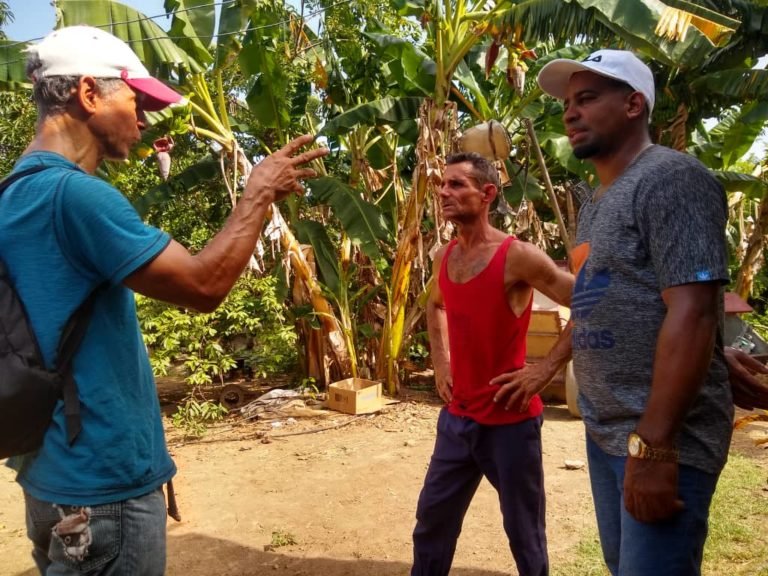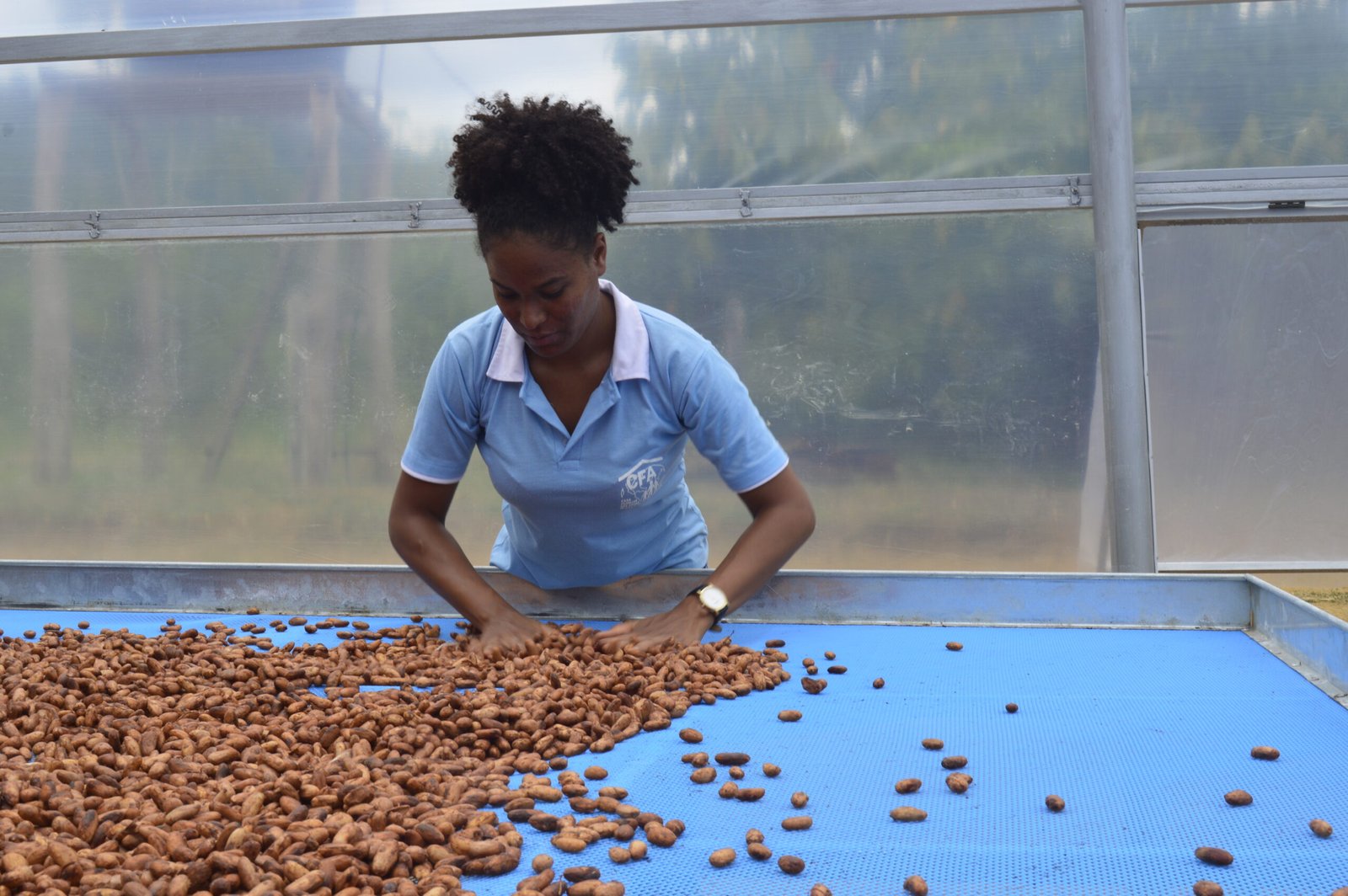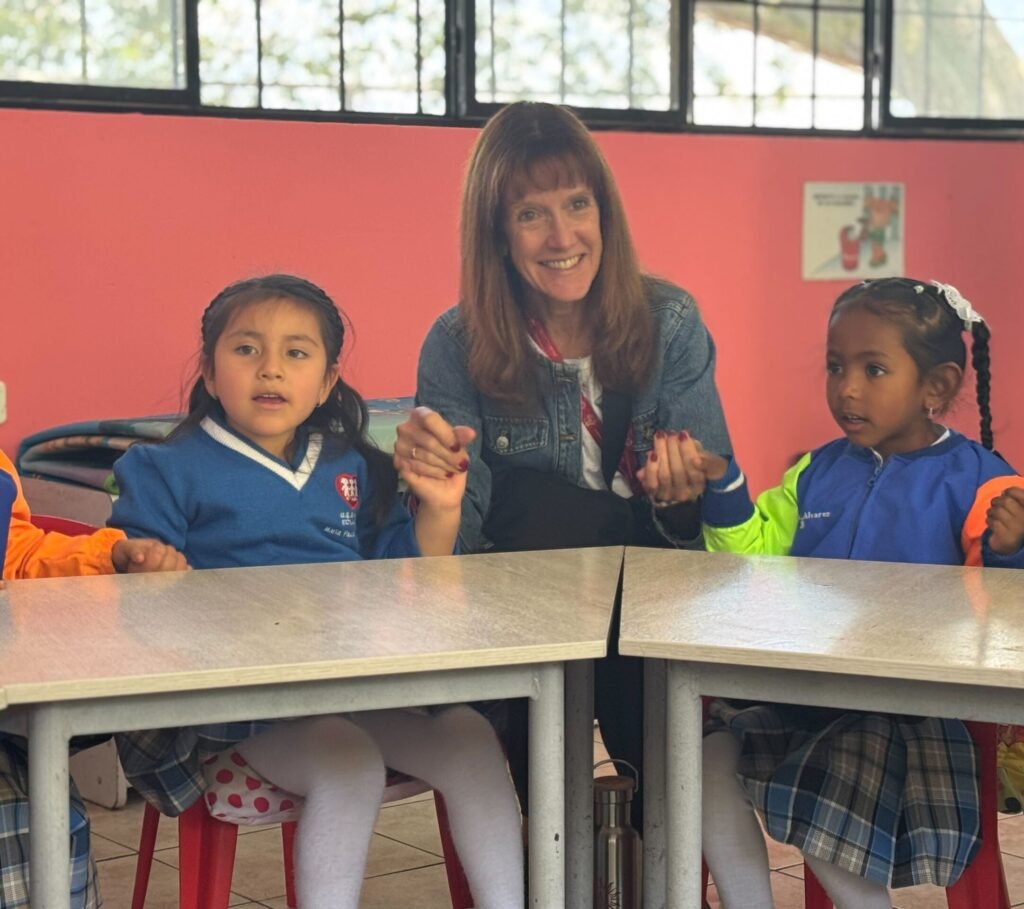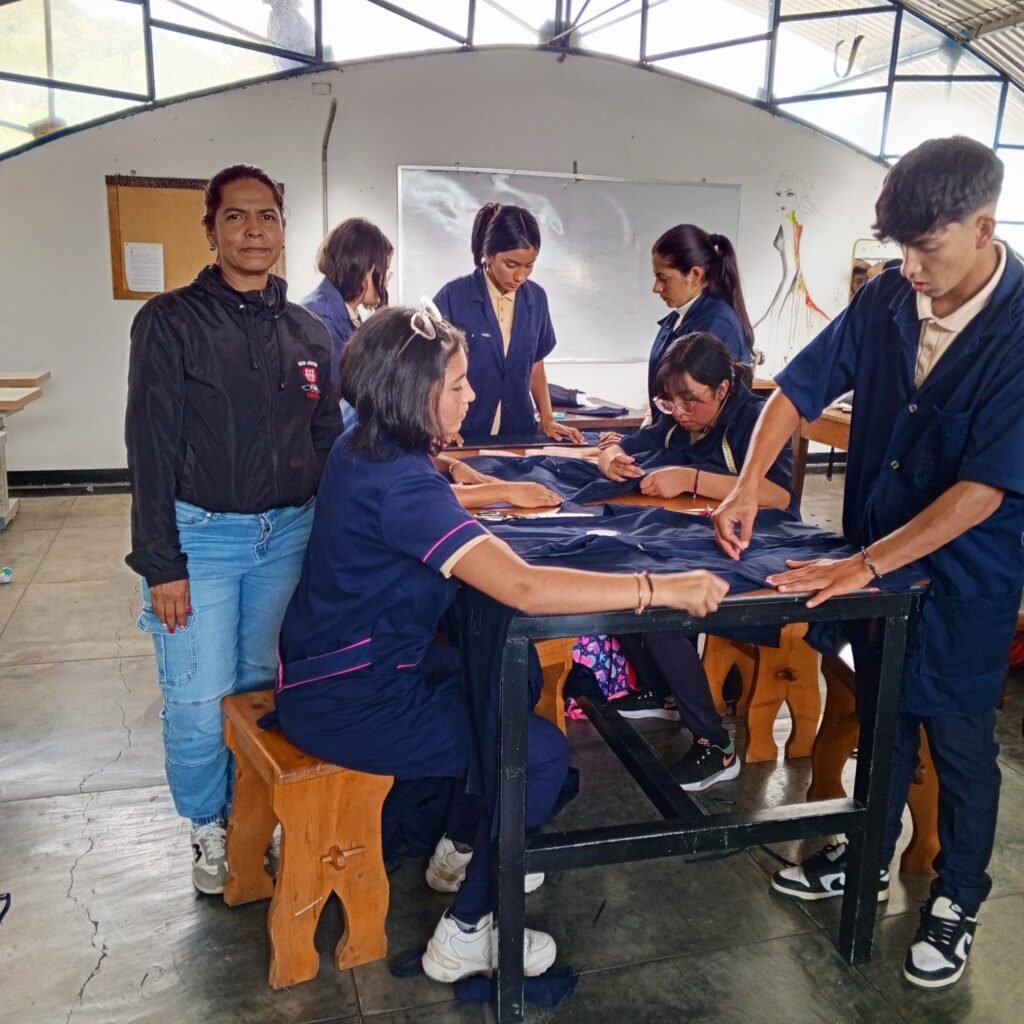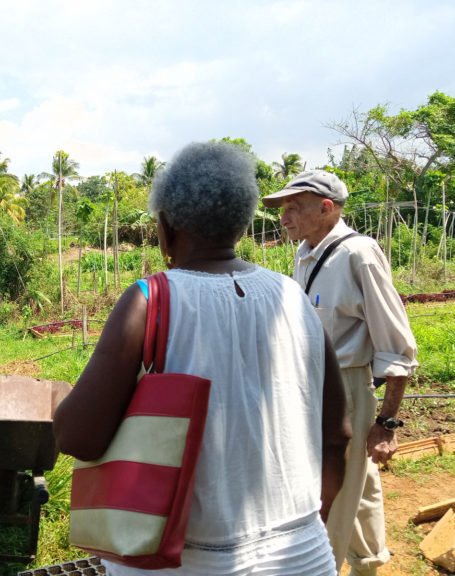Last Friday, March 1st, gas prices increased five-fold in Cuba. The new prices, set by the Cuban government, jumped by 500% placing even greater stress on a population that continues to face a devastating economic environment. The island has been struggling to control high inflation and severe economic contraction for years and, as is often the case, this strain is being felt most acutely in the poorest communities. Previous price increases have included cooking gas, electricity, and public transportation but the country continues to experience blackouts and fuel shortages.
To underline the severity of this gas price increase, a recent article from US News explained that “Under the new pricing scheme, a single 40-liter (11-gallon) tank of fuel will cost 6,240 pesos, or about $20 at the black-market exchange rate, well over the average monthly state salary in 2023 of 4,856 pesos, or $15.66.” Low stagnant wages, along with extremely limited opportunities for professional growth, mean that these rising prices in Cuba for basics like gas are an especially devastating blow to the island’s poorest citizens.
In response to this crisis, the Network of Loyola Centers is offering workshops and community programs to help parishioners respond to their economic challenges in new and creative ways. American Jesuits International is helping to fund this wide range of community empowerment projects which teach entrepreneurial skills and foster communities of support in Cuba.
We previously shared the testimony of Ernesto, who started his entrepreneurial journey with the Loyola Center’s workshops and has now returned to teach other community members what he has learned through his continuing formation. These workshops welcome new participants and the centers continue to offer annual artisan fairs where community members can sell their products and services.
The most recent report that our partners in Cuba shared with us highlighted the way this program is also providing opportunities for rural communities as well. The Loyola Center in Santiago de Cuba recently celebrated the launch of the SIEMBRA, a national network of small farmers. The group already includes 15 producers and is simultaneously part of the COMPARTE network, an international community for learning productive economic alternatives. This expansive network, supported by the Jesuits, helps “rural families, indigenous people, and persons of African descent through productive economic initiatives undertaken by small producers organized in cooperatives, associations, companies, informal community groups, etc.”
Stories of impact from individuals like Leocadia help to show the important role that these initiatives can have in a rural community. This 70-year-old woman has converted an unused plot of land into a simple farm that helps support her and provide for her community. “When we harvest the crops, we share them because this is very difficult and we always have to help those who need it most (sick, pregnant, children),” Leocadia explains, “but we also sell to the community at moderate prices, and so things are smoother.”
The work that the Jesuits are doing in Cuba is truly impressive. From civic engagement to entrepreneurship, from manicurists to farmers, the Loyola Centers have something to offer just about everyone. While the community in Cuba continues to face increased prices for basic necessities like gas, these Jesuit lead programs are helping community members become protagonists in their individual and communal development.
